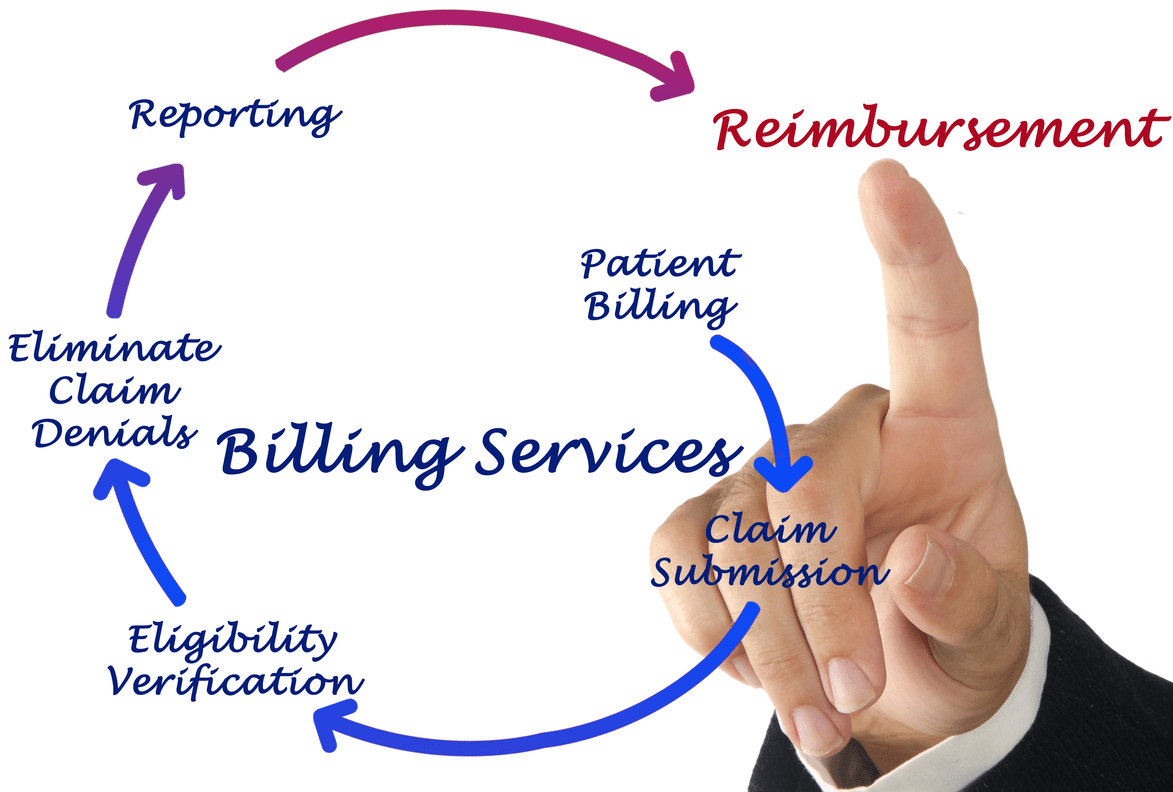Content Attributes
Today, the reason that the world is in our grip in terms of connectivity, is all due to the telecommunications industry at work. Connectivity cables, internet service providers, wireless operators, are some of the major players at work upholding the industry which is of service to almost every other commercial and non-commercial enterprise currently at play. And with a drastic shift in the global scenario, post-pandemic, people are reliant on telecommunication services more than ever. So where does telecommunication software come at work?
What is Telecommunication Software and There Needs?
While the hardware usually involves mobile phones, satellites, cables, and so on, the software on the other hand is used to manage the exchange of information through these hardware pieces. It is the brain transmitting information in the industry that helps work the functioning organs. It helps manage every aspect of the transmission and organization of electronic data. There is much prevalent telecommunication software that offers a variety of functions that suit a company’s networking and connectivity needs accordingly.
Here are some common qualities of telecommunication software:
- Allowing computers and terminals to receive and send electronic data which falls under transmission control.
- Error control helps detect any failure or mismanagement in the transferring of data.
- Security management, where the data being transported is protected from unauthorized success,
- Access control where the software helps a communication processor such as a modern, in establishing communication links between a computer and a terminal.
Thus, it is easily understandable that telecommunication software is the very crutch, the world’s connectivity relies on. For the satellites, cables, mobile devices and everything to function we needs telecommunication software. Now, let’s cover why the development of said software is necessary, especially in the current scenario.
What are the Needs of Telecommunication Software Development?
A whole range of technologies is needed to create business telecommunication software. The task of telecommunications software development is to design, build and manage the transmissions of electrical or optical signals, and then to process and store the information contained in those signals.
It satisfies our very basic need of connecting with society, and it is what the world’s governments, communities, business organizations, and every individual is reliant on. From helping a nation’s economy to encouraging participation to imparting education, encouraging information security, and so on, telecommunication software development is indeed necessary.
Common challenges that businesses often face with telecommunications, especially post-covid are – complex operations, high costs, ineffective customer service, network security, billing and invoice complications, and so on.
Thus, to overcome these challenges the need for variant types of telecommunication software development solutions, in an organization is extremely crucial. The basic requirements from telecommunication software development are mentioned below:
- Cost-Effectiveness.
- Flexible Management of Business and Employees.
- Increase in Productivity and Better Time Management.
- Efficient and Quick Customer Service.
- Improved Collaboration and Connectivity.
- An Upgraded Professional Approach of the Individual or Enterprise,
- Post-Implementation Help and Support.
- Efficient Customer Billing.
- Proper Queue Management.
- Managing Conference Calls.
- Enhanced Security and Fraud Protection.
Points to Remember While Hiring Telecommunication Software Development Company
Looking to hire a Telecommunication Software Development company but aren’t sure where to start? Here are a few tips to help you out:
Expertise and Experience
The first requirement should be to check out, how long the involved company has been playing the field. Look up their clients and the level of expertise you can expect from the engineers there. While fresh players can be equally helpful, long years of experience are usually a good sign to start with.
Reviews and Testimonials
To understand the company’s authenticity, who’s words to better rely on than their previous clientele. This way you can also get a clearer idea as to the approach you can expect from the company. If possible lookup reviews and testimonials from third-party websites which are usually more legitimate.
Development Fees
Comparing prices is also a good way to go when settling for a company. You can also compare their professional knowledge, their hidden fees, their enlisted services to help you decide. And ensure that when you hire a company to take care of your telecommunication software development, your costs eventually should be reduced from the current situation.
Are They Well Aware of the Market Trends
The issue with the telecommunications sector is that it is rapidly changing. You cannot expect success by simply sticking to older methods and processes. The company you hire should be well aware of the current scenario and should know to apply the current and upcoming market trends to your services intelligently.
Problem-Solving Promises
Can you rely on your provider to offer you sufficient support with problem-solving knowledge whenever around the clock? With software development at play, your appointed company should also have extensive troubleshooting capabilities for your operational efficiency.
Compare Your Organizational Needs and Offered Services
Last, but not least can the company you employ, help you with your current challenges. No one is better aware of the problems faced than you, so make sure the services you expect from the telecom software development company are at par with theory operation. Note, that there are companies that also provide custom solutions that are unique and solely dedicated to helping out the hired client.
Hope this helps you in your journey of understanding and hiring a telecommunication software development company. Keep the network strongly connected!



